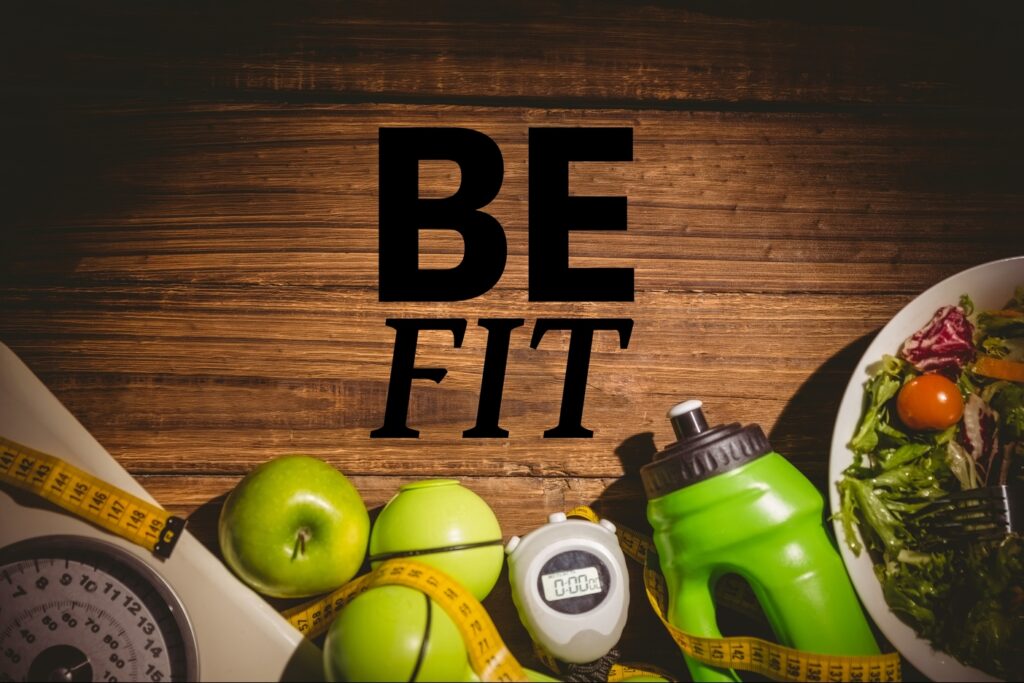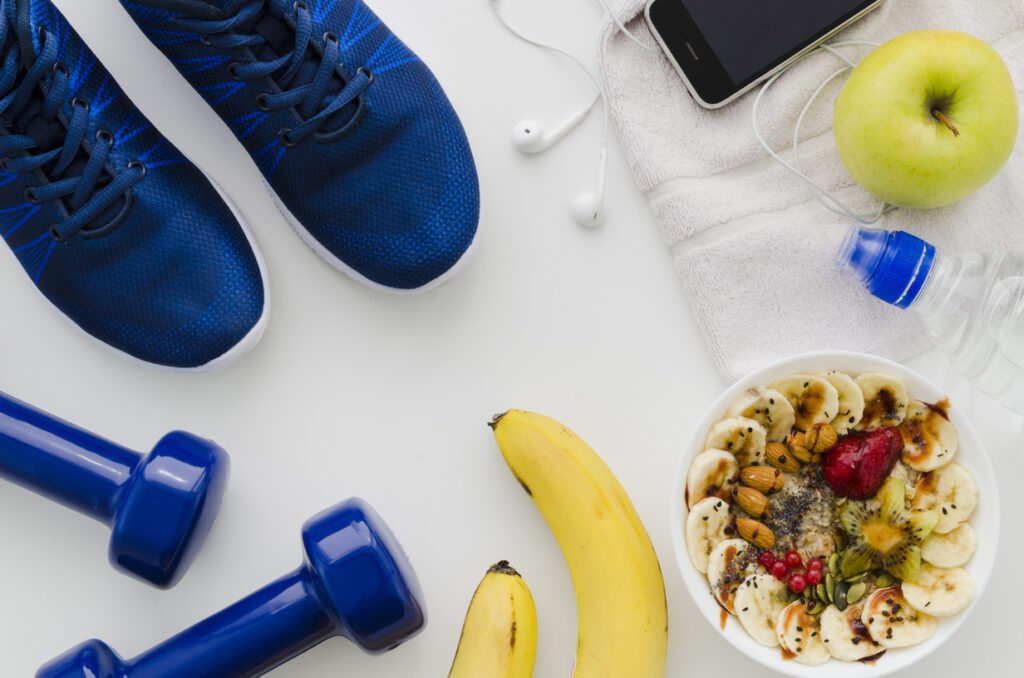Introduction
In this article, we’ll explore the critical relationship between nutrition and fitness performance, how to fuel your workouts properly, and how to optimize recovery through smart eating strategies.
Whether you’re a casual gym-goer or a competitive athlete, one truth remains the same: what you eat directly impacts how you perform. Nutrition isn’t just about calories or avoiding junk food—it’s about fueling your body to move, recover, and grow stronger.
Why Nutrition Matters for Performance
Exercise places physical stress on your body. For it to adapt—whether by building muscle, improving endurance, or burning fat—you need the right nutrients.
🔍 Key Functions of Nutrition in Fitness:
- Provides energy for workouts
- Supports muscle recovery and growth
- Enhances endurance and performance
- Prevents fatigue and overtraining
- Boosts immune function during intense training
Without proper nutrition, even the best workout plan will deliver subpar results.
Macronutrients and Their Role in Fitness
Understanding the three macronutrients—carbohydrates, protein, and fat—is essential for anyone trying to improve physical performance.
Learn more about this in our Macros vs Calories guide.
🥖 Carbohydrates – Your Main Fuel Source
Stored as glycogen in muscles, carbs are your primary energy source, especially during high-intensity training.
Harvard Health explains how complex carbohydrates support stable energy and long-term health.
- Eat complex carbs (e.g., oats, brown rice, sweet potatoes)
- Avoid excessive processed sugars pre-workout
- Ensure carbs make up at least 40–50% of your workout days
🍗 Protein – Muscle Repair and Recovery
Protein is the building block of muscles and essential after strength training.
- Include 1.2–2.0g of protein per kg of body weight
- Best sources: chicken, fish, eggs, tofu, Greek yogurt
- Important for preventing muscle breakdown
🥑 Fats – Hormonal Health and Long-Term Energy
Fats are important for hormone production and long-duration energy.
- Choose healthy fats: avocado, nuts, seeds, olive oil
- Avoid trans fats and heavily processed oils
- Keep fat intake around 20–30% of total calories
Pre-Workout Nutrition: What to Eat Before You Train
Eating the right foods before exercise helps improve stamina, strength, and mental focus.
✅ Pre-Workout Meal Tips:
- Eat 1.5 to 2 hours before your session
- Include complex carbs + a little protein
- Stay hydrated
Example Meal:
Oats with banana and peanut butter, or a turkey/chicken sandwich on whole-grain bread

Post-Workout Nutrition: Recovery Essentials
Recovery is where progress happens—and nutrition plays a key role.
✅ Post-Workout Guidelines:
- Eat within 30–60 minutes after training
- Focus on protein and moderate carbs
- Replenish fluids and electrolytes
Example Meal:
Grilled chicken with brown rice and veggies, or a protein smoothie with berries and Greek yogurt
Hydration and Performance
Even a 2% drop in hydration can lead to reduced strength and endurance. Water supports temperature regulation, joint function, and nutrient delivery.
- Aim for at least 2.5–3L of water daily
- Drink more on training days
- Include electrolytes (like sodium, potassium) if you sweat heavily
Supplements That Support Performance (Optional)
While whole food should be your foundation, a few supplements can support active lifestyles:
- Whey Protein: Easy post-workout protein boost
- Creatine Monohydrate: Improves strength and power
- Caffeine: Enhances focus and stamina when used sparingly
- Electrolyte Mixes: Support hydration in long workouts
Always consult a nutritionist or healthcare professional before starting new supplements.
Common Nutrition Mistakes That Kill Performance
- ❌ Skipping meals or training on an empty stomach
- ❌ Overloading on junk food under the excuse of “bulking”
- ❌ Not eating enough protein
- ❌ Ignoring hydration
- ❌ Crash dieting or extreme calorie restriction
Conclusion
If you’re serious about getting stronger, faster, or leaner, your workout routine is only half the equation. Nutrition fuels the work. By giving your body the right balance of carbs, protein, fats, and hydration, you’ll improve energy levels, enhance recovery, and perform at your best.
Start small: plan your meals around your workouts, track your water, and stay consistent. Over time, you’ll see the difference in your training, body, and mindset.




Pingback: What to Eat Before and After a Workout: Full Guide for Results - FitroFuel
Pingback: Calisthenics vs Pilates: Which One Is Right for You? - FitroFuel